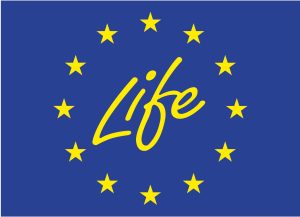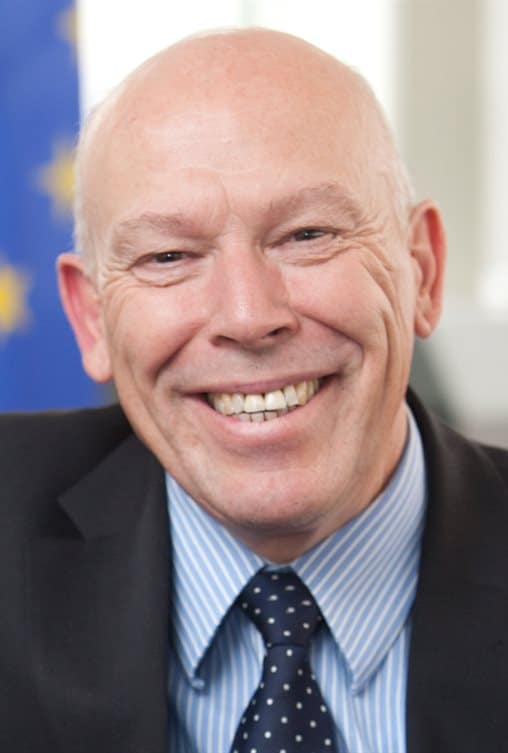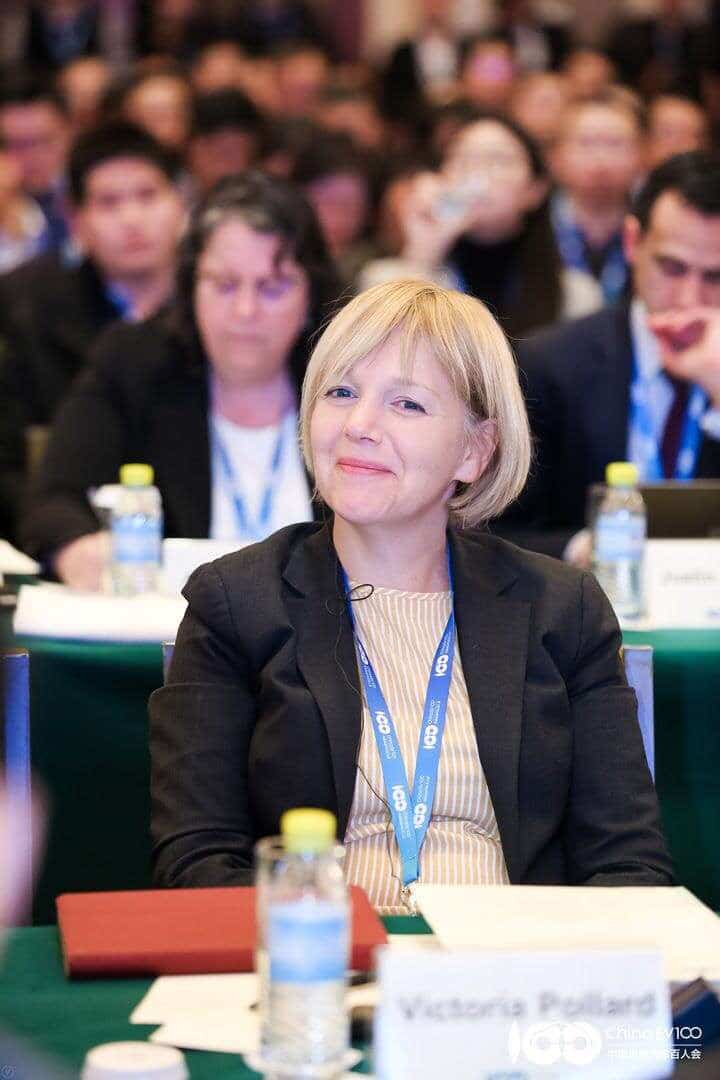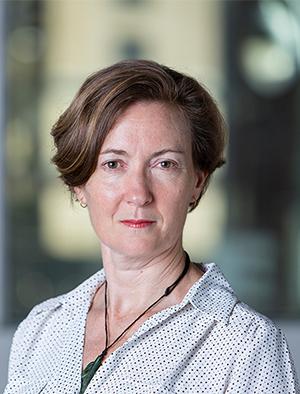
Watch the recording:
Modern societies face many global challenges. Climate change is certainly among the most urgent and important ones. Europe has decided to address the widely diffused concern of public opinion on the effects of climate change by committing to reaching climate neutrality by 2050, an ambitious target that remains a top priority for the Von der Leyen Commission despite the difficulties raised by the COVID-19 crisis. Similar climate neutrality targets have been recently set by other jurisdictions, most notably the USA and China (the latter by 2060). The European Union can (and actually intends to) play a key leading role as regulator, negotiator and actor in the global climate challenge. While a unilateral European action will not be sufficient per se to stop global warming (as European emissions are only a relatively small part of total greenhouse gas emissions), the EU can lead the world by example in adopting more stringent climate regulations and hence influencing the others’ climate policies.
However, alternative climate policies and regulatory models might emerge at the world level possibly challenging the European leadership in the fight against climate change. Consider, for instance, the case of the European Emission Trading System (EU ETS). As it is frequently argued, the EU ETS represented a prototype for most other ETSs that have been rapidly emerging in the world. But ETSs might progressively diverge over time rather than converge towards a unique model to account for the different institutional frameworks characterising different jurisdictions. The same applies to other European climate measures and policies that might or might not fit other institutional contexts.
This raises some of the questions that we would like to address in the session, namely:
FSR Climate, together with the Policy Outreach Committee of EAERE (European Association of Environmental and Resource Economists), and in collaboration with the School of Transnational Governance of the EUI, organises this session to promote a more integrated dialogue between academia and policy world, providing advice and support to EU policy makers and institutions in designing policy interventions.
The event builds upon the successful experience of policy debates organized by FSR Climate at State of the Union since 2018 and intends to continue the policy dialogue carried out by FSR Climate under the ongoing LIFE DICET (Deepening International Cooperation on Emissions Trading) project. The project LIFE DICET focuses on the international carbon market cooperation between the EC and the regulators of other major ETSs, namely, California-Quebec, China, Switzerland and New Zealand and intends to support EU and Member State policymakers in deepening international cooperation for the development and possible integration of carbon markets at the world level.
The event chaired by Simone Borghesi and Jos Delbeke is intended to address an audience of high-level policy makers, stakeholders and scholars such as those attending the SoU.

The project LIFE DICET is co-financed by the EU LIFE Programme of the European Commission.






Join this webinar to explore how the new GeoMap Europe platform reshapes the understanding of geothermal potential across the EU.…

Join this webinare as experts examine how evolving EU plant health and phytosanitary regulations can balance safety, trade, and sustainability,…

Join this debate as experts explore how EU pesticide Maximum Residue Limits shape food safety, environmental protection, and international agri‑food…
To meet, discuss and learn in the channel that suits you best.